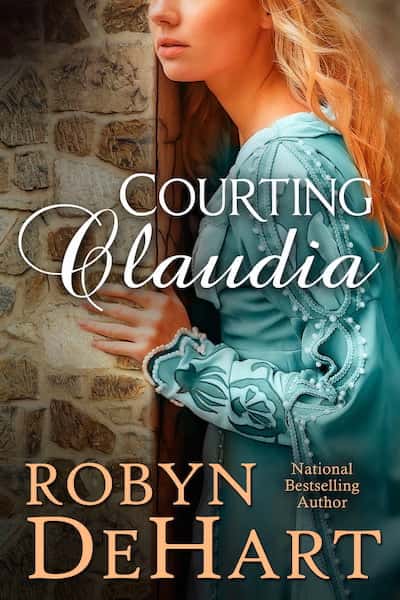Labels... Shmabels...
I am a Sociologist by training. In college I focused my studies on deviance and therefore learned many theories that attempt to explain human behavior. One of which most of you have probably heard of in one form or another – its called labeling.
In the sixties before there were laws regulating studies on people there was one famous study on labeling. A group of school children were told at the beginning of the year that brown-eyed children were smarter and overall better people than those with blue-eyes. What happened was that those children with brown eyes excelled in their schoolwork and were courteous and well behaved whereas the blue-eyed children behavior and performance faltered. The next day, the teacher informed her class that it was in fact blue-eyed children who were smarter. Sure enough the blue-eyed children’s performance excelled while the brown-eyed children declined.
Another such study labeled school children in groups such as the bluebirds and the slugs – you can imagine the result of this study. Basically what researchers have found is that when a person is labeled, that person begins to believe in such a label, a self-fulfilling prophecy, so to speak.
The same principle can be applied in writing. Think about all the terms we bandy about during workshops. Take the dreaded synopsis for example. How many of us have heard it called such a thing? The word “dreaded” conjures up images of torture and pain, something that is difficult or impossible to accomplish. Before I even began to write my first synopsis, I expected it to be horrible. Dreaded. And with these expectations, it was rather dreadful. But that wasn’t the case with my next few synopses. They weren’t fun by any stretch of the imagination and don’t actually like writing them, but I also don’t find them dreaded or terribly difficult.
Another example is the “sagging middle”. When I started my first book I looked to that middle with trepidation. I was terrified. I studied cures to fix the certainty of my sagging middle. I can’t really remember the middle in that first book or whether or not it was particularly difficult or saggy, but I’ve written enough now to know that the middle is actually my favorite part. Now all of you close your mouths. It’s the truth. That beginning that everyone claims is the easiest is, in reality, the most difficult part for me. (I don’t particularly like endings either). But I love middles!
There are plenty of other examples we could pull from. The bottom line is that in all our educating and assisting each other, we often do each other a disservice by feeding people’s fears based on our own negative experiences. By freely admitting that I love the middle I’m giving some of you permission to do the same. Sometimes that’s all we need to feel like we’re not doing everything wrong – just someone else that works similarly to the way we work.
For a long time I felt like such a fraud when I read articles or heard some authors speak about their pure organic writing processes. Those authors who don’t plot, don’t characterize, and don’t really have any idea where their books are going, instead they simply write and everything magically works out. The thought of having to write that way terrifies me. Yet at the same time I felt as if that was more like “real” writing, more the way writing was meant to be. That kind of writing isn’t a reality for me, anymore than plotting is a reality for some of you. I suppose the point I’m trying to make (in a meandering sort of way) is that writing is a trial and error process, a journey of self-discovery.
I’m a firm believer in embracing your own way to write, but I am also a firm believer in growth and education. I think writers who live their lives by “I cant’s”, “I onlys”, or “I nevers” do themselves an injustice. You never know what will or won’t work for you until you try. Try something before you make an opinion about it, and don’t allow another person’s experiences color your own. Keep an open mind – a mind willing and ready to learn. Make your own decisions about things like synopses and middles; the last thing you need is to question your ability because things aren’t like they’re “supposed” to be.
Robyn Ratliff is comfortable being labeled as a plotter and thinks it’s actually green-eyed children who are the smartest. She’s been writing … well, for a long time and is currently dividing her time between writing her newest historical romance and Agent Quest. A member of San Antonio Romance Authors since 1996, she currently serves as Immediate Past-President and Webmaster.









